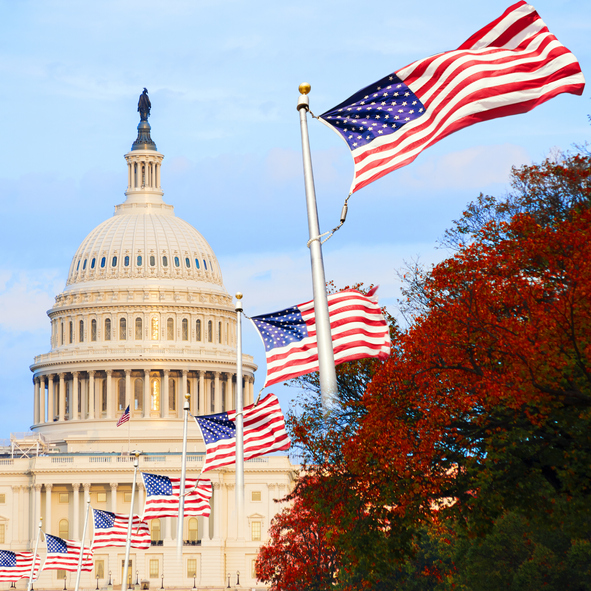

Global HR News
Global HR News
U.S. hiring stayed solid in September as employers add 263,000
October 7, 2022
By
The Associated Press
 (Rocky89/Getty Images)
(Rocky89/Getty Images) By Paul Wiseman
America’s employers slowed their hiring in September but still added a solid 263,000 jobs — a dose of encouraging news that may mean the Federal Reserve’s drive to cool the job market and ease inflation is starting to make progress.
Friday’s government report showed that last month’s job growth was down from 315,000 in August and that the unemployment rate fell to 3.5%.
September’s more moderate pace of hiring may be welcomed by the Fed, which is trying to restrain the economy enough to tame the worst inflation in four decades without causing a recession. Slower job growth would mean less pressure on employers to raise pay and pass those costs on to their customers through price increases _ a recipe for high inflation.
The public anxiety that has arisen over high prices and the prospect of a recession is also carrying political consequences as President Joe Biden’s Democratic Party struggles to maintain control of Congress in November’s midterm elections.
The Fed is engaged in an epic battle to rein in inflation, which was running at a 40-year high in June and has eased only slightly since. The Fed has raised its benchmark interest rate five times this year. It is aiming to slow economic growth enough to reduce annual price increases back toward its 2% target.
It has a long way to go. In August, one key measure of year-over-year inflation, the consumer price index, amounted to 8.3%.
Fed Chair Jerome Powell has warned bluntly that the inflation fight would “bring some pain,” notably in the form of layoffs and higher unemployment. Some economists remain hopeful that despite the persistent inflation pressures, the Fed will still manage to achieve a so-called soft landing: Slowing growth enough to tame inflation, without going so far as to tip the economy into recession.
It’s a tricky task. And the Fed is trying to accomplish it at a perilous time. The global economy, weakened by food shortages and surging energy prices resulting from Russia’s war against Ukraine, may be on the brink of recession. Kristalina Georgieva, managing director of the International Monetary Fund, warned Thursday that the IMF is downgrading its estimates for world economic growth by $4 trillion through 2026 and that “things are more likely to get worse before it gets better.”
Public anger over high prices and fear over the prospect of recession also carry political consequences as President Joe Biden’s Democratic Party struggles to maintain control over Congress in November’s midterm elections.
Meantime, the Fed is closely monitoring the job market. Many employers have failed over the past couple of years to fill all the jobs they need, and they’ve bid up wages to try to attract or keep workers. Those higher wages are feeding inflation as companies raise prices to offset their higher labor costs.
Powell and his colleagues on the Fed’s policymaking committee want to see signs that the abundance of available jobs — there are now 1.7 openings for every unemployed American — will steadily decline. Many economists viewed the pace of hiring in August, when employers added 315,000 jobs, as a Goldilocks achievement: Warm but not so warm as to alarm the Fed and force it to jack up borrowing rates even more aggressively.
Some encouraging news came this week, when the Labor Department reported that job openings fell by 1.1 million in August to 10.1 million, the fewest since June 2021.
Nick Bunker, head of economic research at the Indeed Hiring Lab, suggested that among the items on “the soft landing flight checklist” is “a decline in job openings without a spike in the unemployment rate, and that’s what we’ve seen the last few months.”
On the other hand, by the standard of history, openings remain extraordinarily high: In records dating to 2000, they had never topped 10 million in a month until last year.
“There are still 10.1 million jobs open,” noted Michelle Reisdorf, who oversees operations for the human resources consulting firm Robert Half in Illinois and Indiana. “Candidates still have options. It’s not like they have one job to look at.”
Economist Daniel Zhou of the jobs website Glassdoor argued that a single-minded focus on the job market might be overdone. Regardless of what happens with jobs and wages, Zhou suggested, the Fed’s policymakers won’t likely relent on their rate-hike campaign until they see proof that they’re actually hitting their target.
“They want to see inflation slowing down,” he said.
Print this page